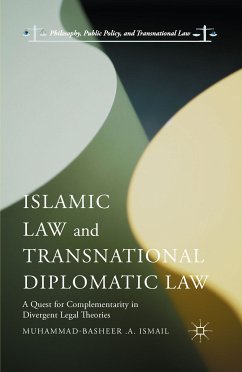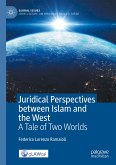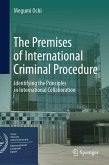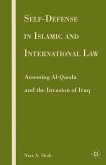The book explores the compatibility of Islamic law and international diplomatic law, aiming to maximize diplomatic protection in Muslim states by invoking Islamic law in support of international diplomatic law at national level. The author investigates the concept of diplomatic immunities and privileges under Islamic law and modern international law in theory and practice. The core of the book engages theoretical analyses of the two legal systems with a view to ascertaining the presence of any compatibility or tension in their respective principles on diplomatic law and then, examines the practices of some Muslim states within the context of that theoretical analysis. Ismail proposes that two legal systems are compatible and can be harmonized to enhance the concept of diplomatic immunities and privileges in Muslim states. The book facilitates a better understanding of the relationship that exists between Islamic diplomatic law and international diplomatic law with the hope to ultimately maximize diplomatic protection by clarifying and developing Islamic diplomatic law, which may eventually complement international diplomatic law.
Dieser Download kann aus rechtlichen Gründen nur mit Rechnungsadresse in A, B, BG, CY, CZ, D, DK, EW, E, FIN, F, GR, HR, H, IRL, I, LT, L, LR, M, NL, PL, P, R, S, SLO, SK ausgeliefert werden.









